Why Peter the Great and Emperor Kangxi failed the modernisation test
Commentator Chip Tsao notes that Russia's Peter the Great and China's Emperor Kangxi each wanted to make their countries strong but their efforts fell short. Freedom and democracy were unfamiliar concepts for the Chinese people, while the idea of a social contract did not take root in Russia. In the 21st century, both countries still have to threaten war to prove their greatness.
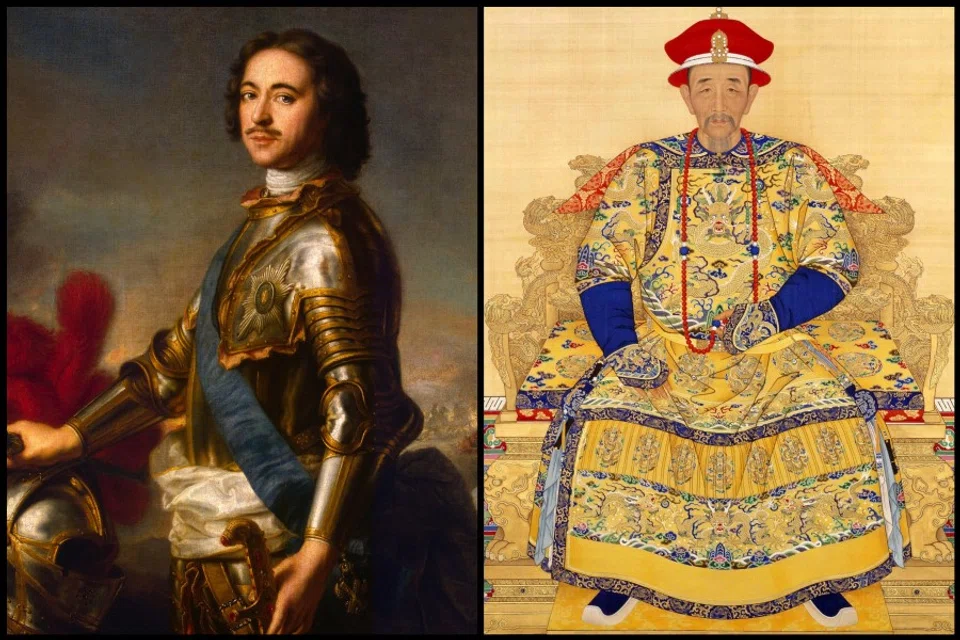
Two opposing camps are taking shape globally, with a China-Russia axis on one side, and a US-led group including Europe and other countries such as India on the other side. Consequently, the world is gradually left with no choice but to "choose sides".
Failure of modernisation
The reason why China and Russia have formed an axis which has become a core global issue is because neither country has succeeded in modernising over the past century.
The rulers of both countries long held desires for their countries to be strong. They envied and sought to emulate Britain's entry into modern civilisation following the Industrial Revolution. China's Emperor Kangxi took a keen interest in Western horology and astronomy, but in the transition from Kangxi to Empress Dowager Cixi, the limited intellectual horizons of the Manchu people prevented them from embracing freedom of thought and democratic constitutional governance - the core of Western civilisation.
People and nations fail for the same reasons.
Peter sought to emulate France, but he did not grasp the concept of "social contract".
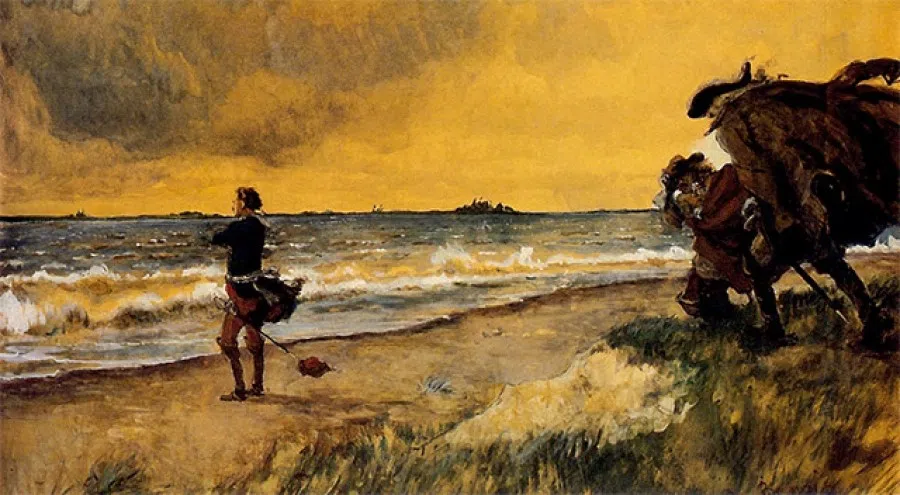
Peter the Great also dreamed of Russia becoming a European country. In the early 18th century, Russia sought to improve its military technology and emulate the rational administration and financial organisation of France under Louis XIV.
However, Peter was blind to the fact that Russia still ran on a firmly entrenched system of serfdom. He only wanted to build a powerful military state, even as the country lacked intellectuals, craftsmen, journalists and a middle class. Most Western European countries had already abandoned serfdom after the 14th century.
Peter sought to emulate France, but he did not grasp the concept of "social contract". In France, Enlightenment philosopher Jean-Jacques Rousseau had advocated the "social contract". He believed that establishing a civil society was not about an emperor creating his ideal country from the top down, but about embedding the core value of freedom in the heart of every individual.
"His first wish was to make Germans or Englishmen, when he ought to have been making Russians," Rousseau wrote.
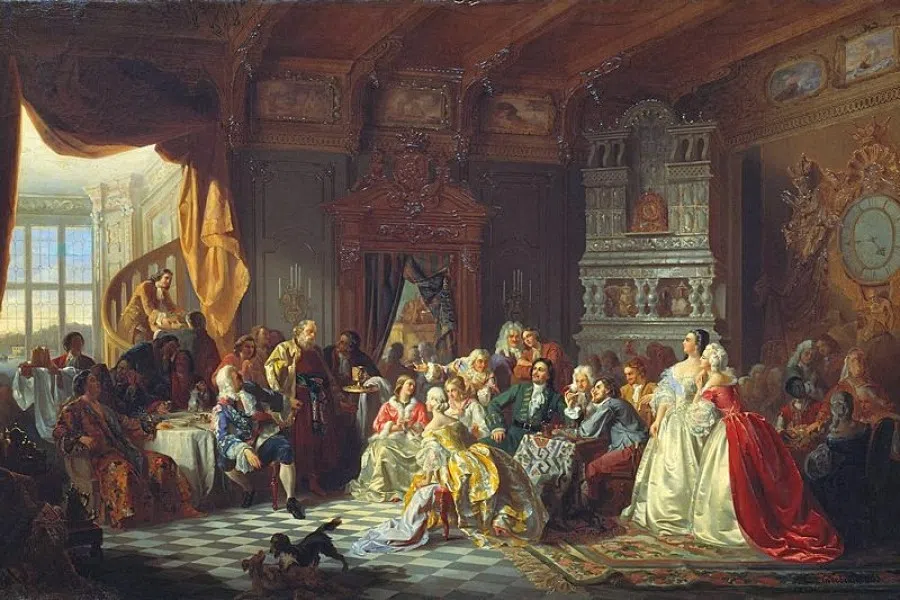
Indeed, Rousseau asserted that an awareness and desire for modernisation cannot come from the personal awakening of a king, but an awakening from the ground up. Human curiosity and the desire for knowledge, coupled with an experimental spirit, form an awareness of human rights, whereby society is based on mutual respect among individuals, leading to a social contract.
As Peter had firmly believed in serfdom, Russia could never become like France. Rousseau despised Peter and believed that he was only capable of admiring the splendour of Versailles but not the renewal of the Russian nation. "His first wish was to make Germans or Englishmen, when he ought to have been making Russians," Rousseau wrote.
Rousseau versus Voltaire
However, another philosopher of the period, Voltaire, lavished praise on Peter the Great, believing that he had civilised his ignorant subjects, and sculpted St Petersburg out of a "barren and marshy plot of ground".
Voltaire admired the efforts of the Russian nobility in learning French, wearing silk stockings and wigs, and even carrying longswords to complete the imitation. Voltaire was awed by St Petersburg - he felt that with its Italian operas and French thespians, good taste had taken over barbarism.
Voltaire and Rousseau had different views of Peter, just as Wall Street investors in the US over the past decade - including Joe Biden when he was vice-president - were full of admiration at the speed of China's construction of highways and high-speed railways, as well as the skyscrapers in Lujiazui in Shanghai's Pudong district. These structures were all imitations of those in Hong Kong and Los Angeles.
In the 21st century, Russia - like its neighbour who is the descendant of Emperor Kangxi - still has to threaten war to prove its greatness.
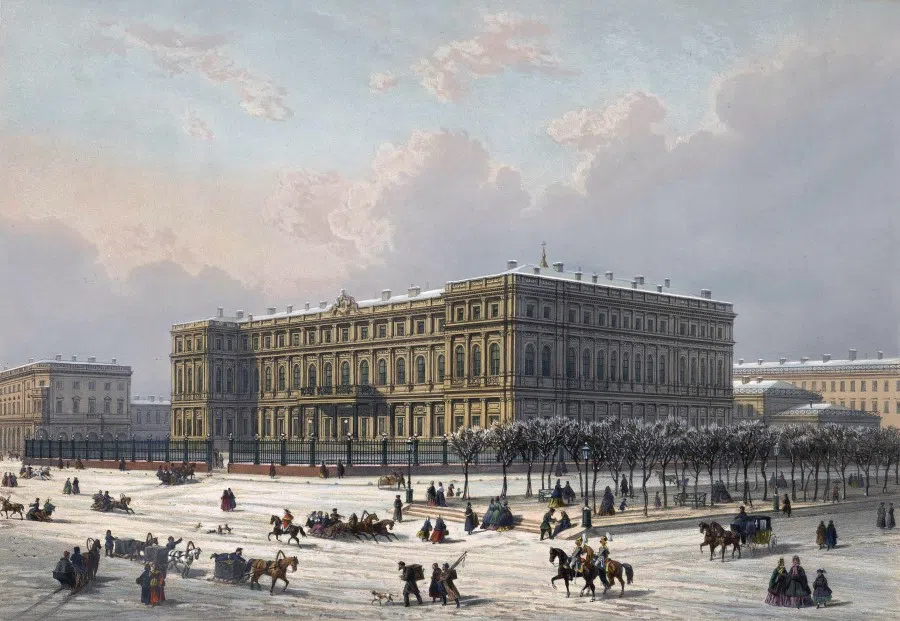
Voltaire only saw the splendour of the exterior of St Petersburg, while Rousseau saw through the pallor of Peter's rule; history has proven Rousseau right and Voltaire wrong.
In the 21st century, Russia - like its neighbour who is the descendant of Emperor Kangxi - still has to threaten war to prove its greatness. After going around in bloodstained circles towards a utopian state with Karl Marx and Lenin, it is back where it started, with even less taste than the time of Peter.
The West is wary of Russia because the Tsarist autocracy created by Peter the Great is only interested in expanding outward rather than improving its values. Add to that a modern-day version of Emperor Kangxi in the Far East, joining in to launch an offensive on the US and Europe - this time without the presence of Louis XIV.
This is an epochal event, a once-in-a-millennium challenge. Indeed, the world is on the edge of a volcano.
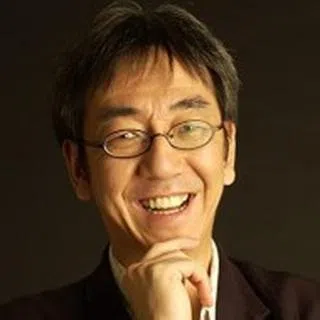




![[Big read] When the Arctic opens, what happens to Singapore?](https://cassette.sphdigital.com.sg/image/thinkchina/da65edebca34645c711c55e83e9877109b3c53847ebb1305573974651df1d13a)